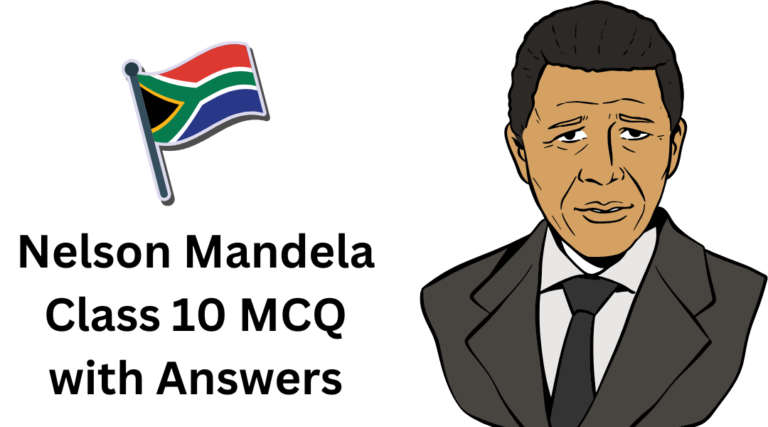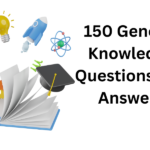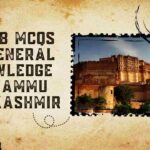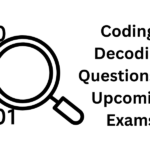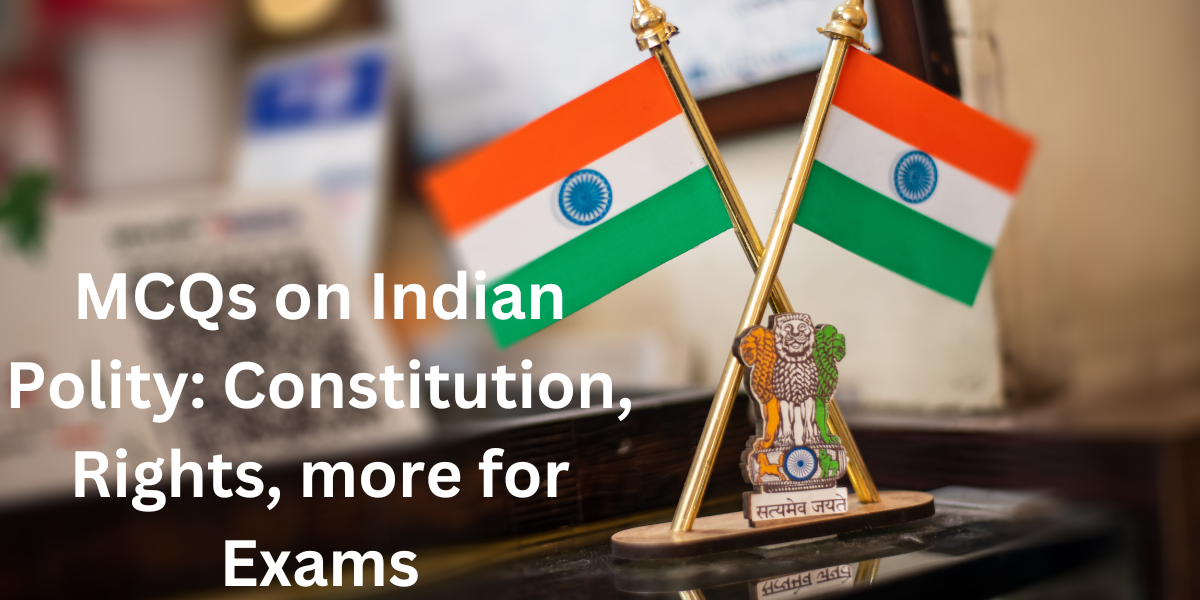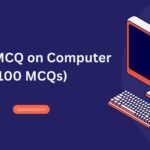Here are 50 MCQs based on the chapter “Nelson Mandela: Long Walk to Freedom” for Class 10:
Nelson Mandela
1. Who was Nelson Mandela?
a) President of the USA
b) Leader of the Soviet Union
c) Former President of South Africa
d) Prime Minister of England
Answer: c) Former President of South Africa
2. Nelson Mandela’s autobiography is titled:
a) “My Experiments with Truth”
b) “Long Walk to Freedom”
c) “A Tale of Two Cities”
d) “The Story of My Life”
Answer: b) “Long Walk to Freedom”
3. Nelson Mandela was a leader of which movement?
a) Civil Rights Movement in the USA
b) Apartheid Movement in South Africa
c) Independence Movement in India
d) Communist Movement
Answer: b) Apartheid Movement in South Africa
4. When did Nelson Mandela become the first black president of South Africa?
a) 1990
b) 1994
c) 2000
d) 2004
Answer: b) 1994
5. What does the term ‘apartheid’ mean?
a) Equality of races
b) Racial discrimination
c) A system of government
d) Peaceful co-existence
Answer: b) Racial discrimination
6. How many years did Nelson Mandela spend in prison?
a) 27 years
b) 20 years
c) 10 years
d) 15 years
Answer: a) 27 years
7. Nelson Mandela was imprisoned on which island?
a) Ellis Island
b) Robben Island
c) Alcatraz Island
d) Treasure Island
Answer: b) Robben Island
8. What did Nelson Mandela fight for?
a) Democracy and freedom
b) Economic growth
c) Nationalism
d) Religious reform
Answer: a) Democracy and freedom
9. Which political party did Nelson Mandela lead?
a) Indian National Congress
b) African National Congress
c) Republican Party
d) Communist Party
Answer: b) African National Congress
10. Nelson Mandela was awarded the Nobel Peace Prize in:
a) 1993
b) 1990
c) 1995
d) 2000
Answer: a) 1993
11. What is the significance of 10th May 1994 in South Africa?
a) End of apartheid
b) Nelson Mandela became President
c) End of colonial rule
d) Start of the South African War
Answer: b) Nelson Mandela became President
12. Nelson Mandela compares oppression to:
a) Peace
b) Hatred
c) Slavery
d) Love
Answer: c) Slavery
13. According to Mandela, what is the greatest wealth of South Africa?
a) Its mineral resources
b) Its wildlife
c) Its people
d) Its land
Answer: c) Its people
14. How does Mandela define courage?
a) The absence of fear
b) Triumph over fear
c) Running away from fear
d) Being fearless
Answer: b) Triumph over fear
15. What is Mandela’s view of freedom?
a) It is a natural right
b) It is a privilege for a few
c) It is something one must fight for
d) It is not important
Answer: c) It is something one must fight for
16. What does Mandela mean by the term ‘rainbow nation’?
a) A country with colorful landscapes
b) A nation where people of different races live in harmony
c) A country where it rains often
d) A nation with diverse weather
Answer: b) A nation where people of different races live in harmony
17. Who was Mandela’s political mentor and role model in the anti-apartheid struggle?
a) Mahatma Gandhi
b) Martin Luther King Jr.
c) Oliver Tambo
d) Jomo Kenyatta
Answer: c) Oliver Tambo
18. Which of the following was NOT one of Nelson Mandela’s goals?
a) Eradicating racial discrimination
b) Bringing democracy to South Africa
c) Creating a class-based society
d) Promoting equality and justice
Answer: c) Creating a class-based society
19. Which prison was Mandela transferred to after Robben Island?
a) Pollsmoor Prison
b) Pretoria Central Prison
c) Alcatraz Prison
d) Johannesburg Prison
Answer: a) Pollsmoor Prison
20. In his speech, Nelson Mandela thanked which two groups for supporting his cause?
a) The ANC and the USA
b) The international community and his countrymen
c) His political party and his family
d) World leaders and business leaders
Answer: b) The international community and his countrymen
21. Mandela believes that oppressor and oppressed both need to be liberated because:
a) Both are in bondage
b) Both want freedom
c) It benefits the economy
d) It is a political strategy
Answer: a) Both are in bondage
22. What qualities did Mandela learn from his comrades in prison?
a) Loyalty and honesty
b) Hatred and revenge
c) Selfishness and greed
d) Fear and distrust
Answer: a) Loyalty and honesty
23. What, according to Mandela, is a “rare privilege”?
a) Leading a peaceful life
b) Fighting for freedom
c) Being part of a successful liberation movement
d) Traveling abroad
Answer: c) Being part of a successful liberation movement
24. Which was the first country to officially abolish apartheid?
a) India
b) USA
c) South Africa
d) Canada
Answer: c) South Africa
25. What does Mandela say about freedom in his youth?
a) He had no idea of it
b) He enjoyed complete freedom
c) He believed in personal freedom only
d) He felt freedom was for everyone
Answer: c) He believed in personal freedom only
26. Mandela considered the ability to forgive to be a sign of:
a) Weakness
b) Strength
c) Fear
d) Disappointment
Answer: b) Strength
27. In his childhood, Mandela was taught to:
a) Respect elders
b) Follow British rules
c) Accept apartheid
d) Focus on his education
Answer: a) Respect elders
28. Mandela was influenced by which global leader’s philosophy of non-violence?
a) Abraham Lincoln
b) Winston Churchill
c) Mahatma Gandhi
d) Vladimir Lenin
Answer: c) Mahatma Gandhi
29. Mandela states that true freedom is not just casting off chains, but:
a) Living in peace
b) Fighting for power
c) Respecting and enhancing the freedom of others
d) Achieving personal success
Answer: c) Respecting and enhancing the freedom of others
30. Mandela mentions that courage is not the absence of fear but the ability to:
a) Face it
b) Ignore it
c) Fight it
d) Surrender to it
Answer: a) Face it
31. What major event does Mandela describe in his autobiography?
a) The day he escaped prison
b) His election as the President of South Africa
c) His visit to the USA
d) The end of apartheid
Answer: b) His election as the President of South Africa
32. The South African struggle against apartheid was unique because:
a) It involved all races
b) It was fought only by blacks
c) It was violent
d) It was led by Europeans
Answer: a) It involved all races
33. What was Mandela’s prison number?
a) 46664
b) 12345
c) 78910
d) 56789
Answer: a) 46664
34. Mandela was released from prison in:
a) 1990
b) 1980
c) 1992
d) 1985
Answer: a) 1990
35. What did Mandela say about the significance of freedom for the oppressors?
a) They are free from fear
b) They are also prisoners of hatred
c) They enjoy freedom too
d) They are unaffected by apartheid
Answer: b) They are also prisoners of hatred
36. Mandela saw his countrymen’s struggle for freedom as:
a) Personal revenge
b) A collective movement for equality
c) A form of civil disobedience
d) A fight for power
Answer: b) A collective movement for equality
37. Mandela felt a deep sense of gratitude to:
a) His political opponents
b) The prison guards
c) The generations who fought for freedom before him
d) The United Nations
Answer: c) The generations who fought for freedom before him
38. The racial segregation in South Africa was referred to as:
a) Colonization
b) Apartheid
c) Imperialism
d) Democracy
Answer: b) Apartheid
39. Mandela’s commitment to freedom was inspired by his:
a) Childhood experiences
b) Education in Britain
c) Exposure
to other freedom movements
d) Desire for personal fame
Answer: c) Exposure to other freedom movements
40. How did Mandela feel on the day of his inauguration as President?
a) Sad
b) Anxious
c) Joyous and overwhelmed
d) Confused
Answer: c) Joyous and overwhelmed
41. What did Mandela say about hatred?
a) It is easy to cultivate
b) It destroys humanity
c) It is born from love
d) It is necessary for power
Answer: b) It destroys humanity
42. The policy of apartheid was officially enforced in South Africa starting in:
a) 1948
b) 1910
c) 1950
d) 1965
Answer: a) 1948
43. Nelson Mandela emphasized the role of which two social structures in liberating South Africa?
a) Churches and schools
b) The media and the judiciary
c) Armed forces and political parties
d) Families and communities
Answer: d) Families and communities
44. Mandela was most motivated by the:
a) Desire for revenge
b) Dream of a free and equal society
c) Pursuit of wealth
d) Support from his fellow prisoners
Answer: b) Dream of a free and equal society
45. According to Mandela, the oppressor must also be freed because:
a) They can no longer dominate
b) They are bound by hatred and prejudice
c) They will gain power
d) They can help the oppressed
Answer: b) They are bound by hatred and prejudice
46. What was the first democratic election in South Africa where all races could vote?
a) 1980
b) 1994
c) 1985
d) 2000
Answer: b) 1994
47. Nelson Mandela emphasized the importance of:
a) Individual freedom only
b) Freedom for all
c) Freedom for a selected few
d) Economic growth
Answer: b) Freedom for all
48. Mandela was part of which military wing of the ANC?
a) Umkhonto we Sizwe
b) The Freedom Army
c) The Black Panthers
d) African Defense Force
Answer: a) Umkhonto we Sizwe
49. According to Mandela, the chains on the oppressor are made of:
a) Hatred and prejudice
b) Metal and iron
c) Love and peace
d) Happiness and joy
Answer: a) Hatred and prejudice
50. Mandela believes that no one is born:
a) Brave
b) Hating another person
c) Loving others
d) Free from fear
Answer: b) Hating another person
Also Read: Electricity and Circuits class 6 MCQs: For Examinations
FIRST IN INDIA 2024 Current Affairs MCQs
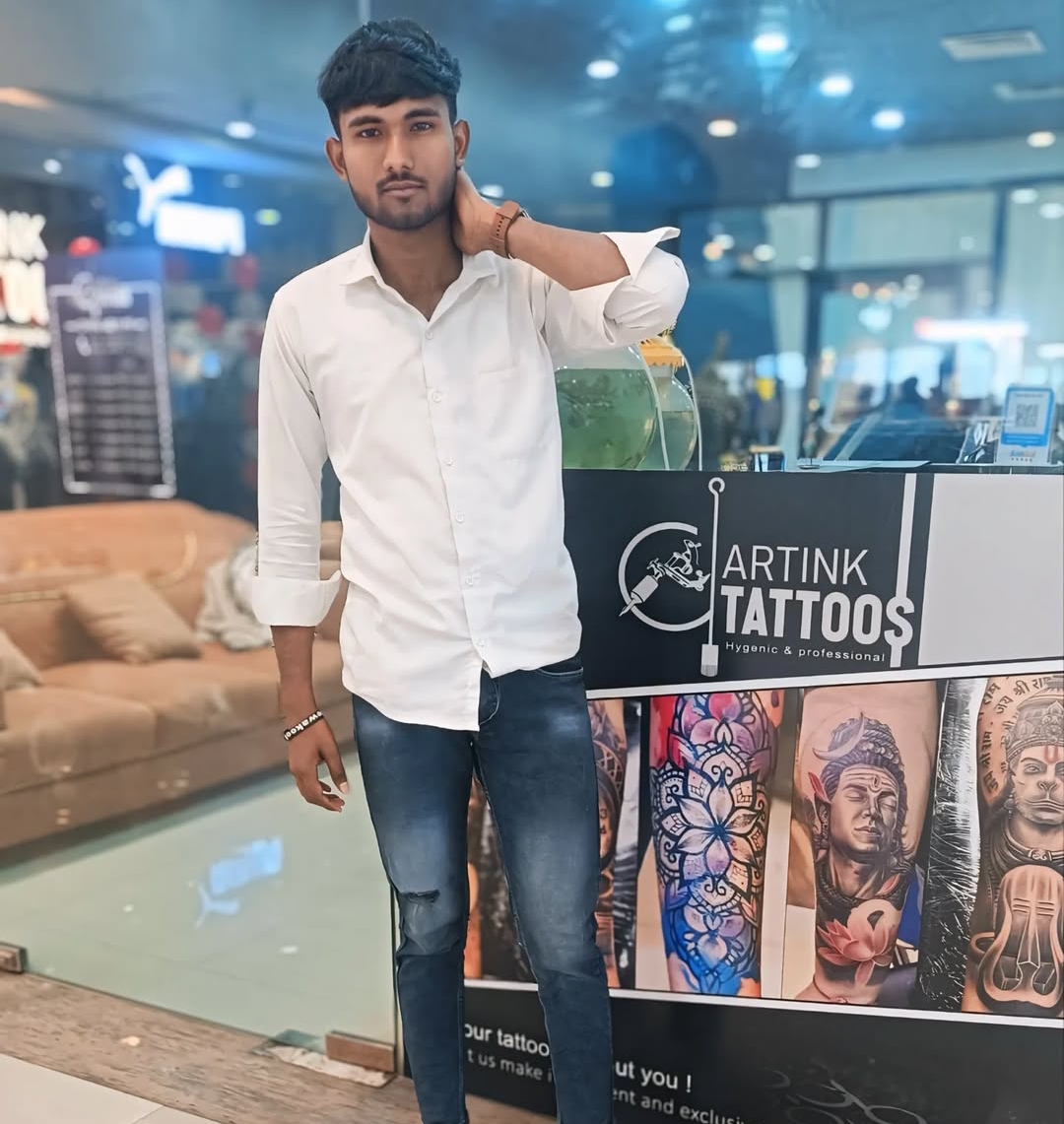
Asif Iqbal Wani is a professional content writer with over 5 years of experience in the education niche. With a speciality for content creation that’s thought-provoking and engaging, Arun specializes in making study guides and resources for exams and curriculum-based content.
With a zeal for learning, Asif comes across as a vibrant educator who simplifies the most difficult concepts into information that is easily digested, enabling learners to achieve success academically. His commitment to accuracy and creativity ensures that every piece of content not only teaches but also inspires.
Asif is committed to providing high-quality impactful content that works well for different student and faculty requirements.
